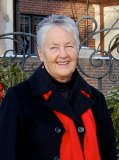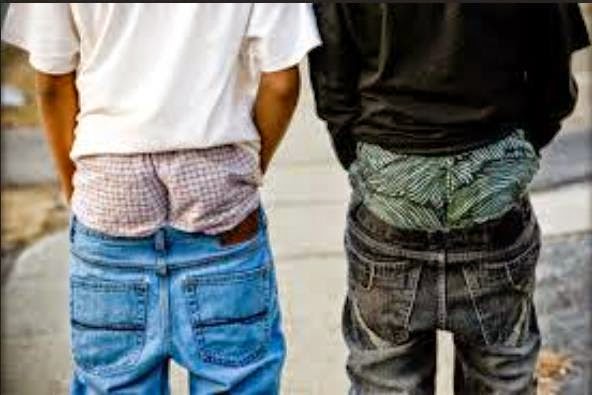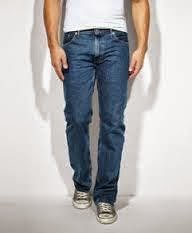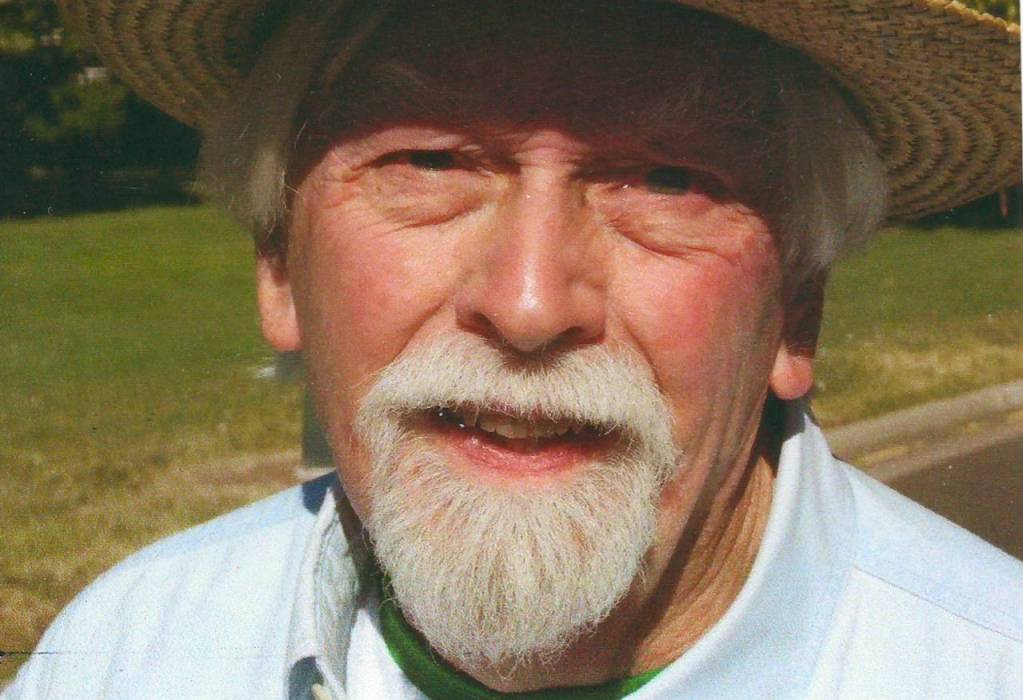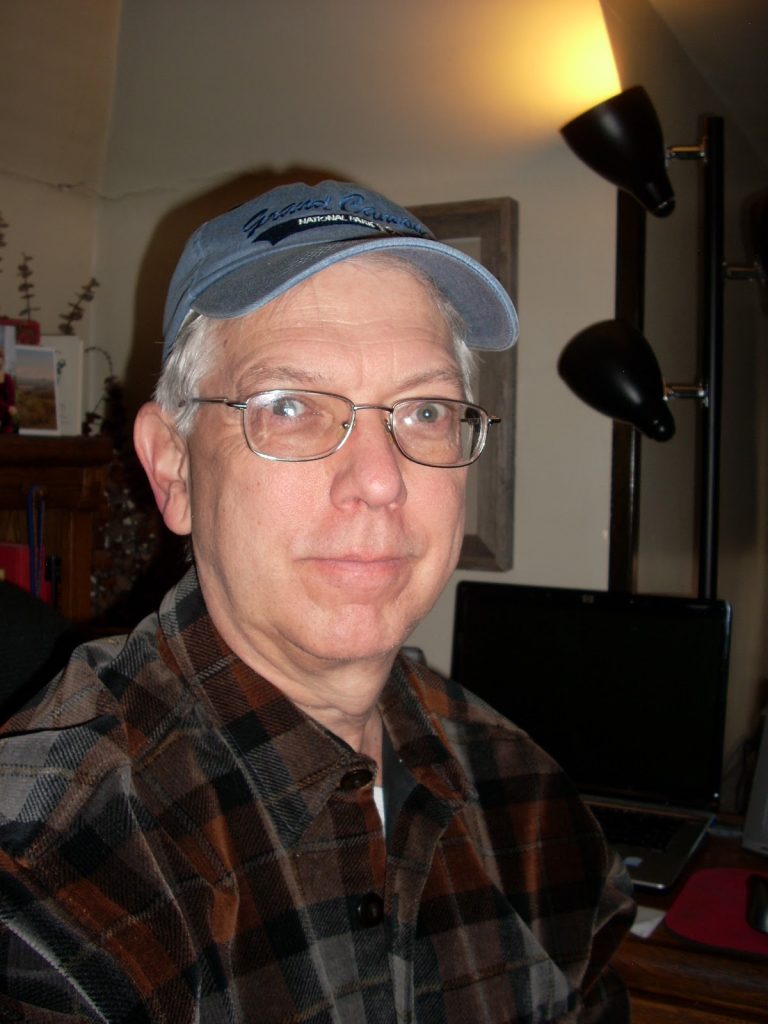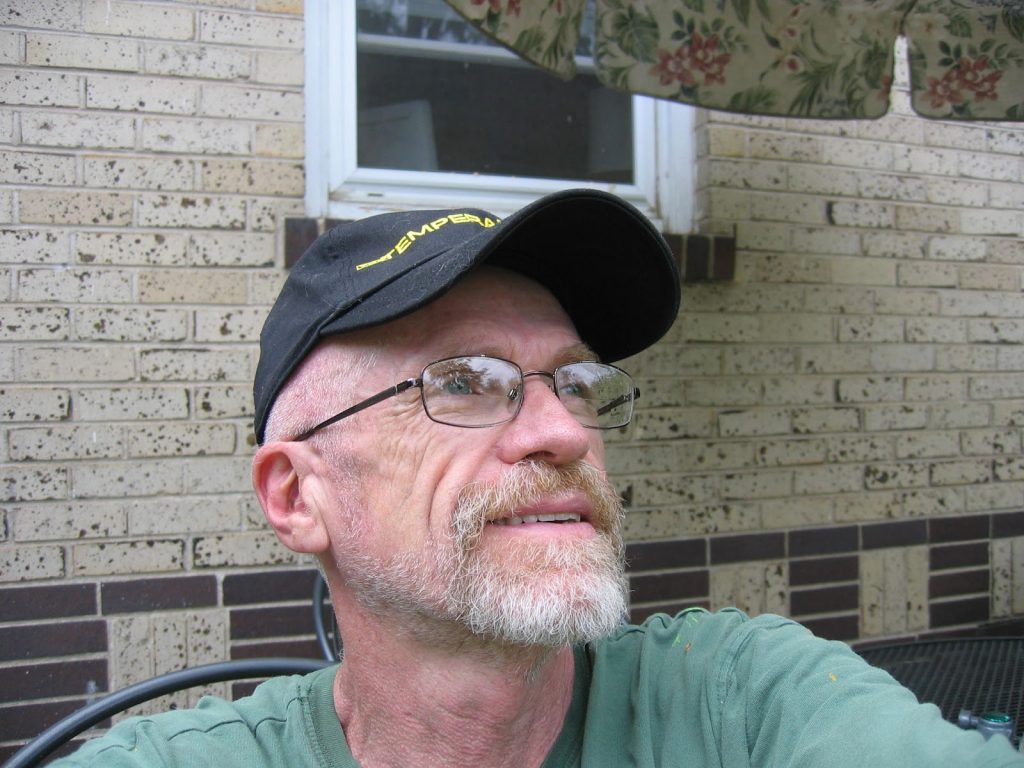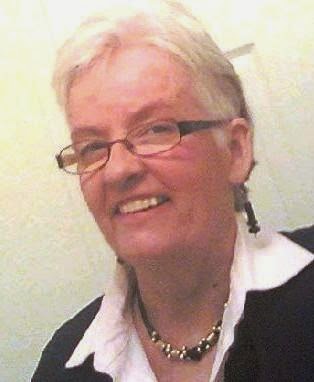“I knew my son was gay. He didn’t want to tell me. I told him I loved him and nothing else mattered. He didn’t believe I was accepting, but I was.” These are the words of Jeanne Manford, cofounder of Parents and Friends of Lesbians and Gays, the internationally known organization of allies of lesbians, gays, bisexuals, and transgendered.
The concept for the organization was born in 1972 when Jeanne Manford marched with her gay son Morty in New York’s Christopher Street Liberation Day March, the precursor to today’s Pride parade. She carried a sign which read “Parents of Gays Unite in Support for Our Children.” This brought on cheers yelling, crying and clapping and to Jeanne’s surprise many people came up to her during the march, shook hands, hugged her, begged her to talk to their parents. The requests continued after the parade with hundreds of telephone calls from gay and lesbian people wanting Jeanne to speak to their parents. It became clear to her that a support group was needed. Thus the first meeting was held in March 1973 in Greenwich Village. Twenty people attended.
Jeanne continued answering the calls and began traveling the country making appearances on radio and tv promoting the cause.
By 1979 many similar groups had sprung up around the country. By 1980 the first PFLAG National office was established in Los Angeles followed by the incorporation and granting of tax exempt status to the organization which now included some 20 groups. The headquarters was relocated to Denver in 1987 under President Elinor Lewallen, whom many of us knew well. PFLAG took off in the 1990’s and the national office employed an executive director and some staff and moved to Washington DC.
The administration of George H.W. Bush became the first to be directly supportive of gay rights when the then PFLAG president Paulette Goodman sent Barbara Bush a letter asking for her support. Her reply was “I firmly believe that we cannot tolerate discrimination against any individuals or groups in our country. Such treatment always brings with it pain and perpetuates intolerance.” Unbeknownst to some powers that be, the first lady’s comments were given to the press and caused a political maelstrom.
Today 40 years after it’s inception PFLAG has grown to a network of 350 chapters worldwide with more than 200,000 members. Perhaps one of the greatest services provided by PFLAG over the years has been the dissemination of information to educational institutions and communities of faith and the general public nationwide. This along with personal and group support for parents who sometimes are in tears and in shock and are trying to understand.
I became involved in PFLAG around 2003 when I learned that the Denver Chapter was meeting in my neighborhood. I decided to attend a meeting.
At the meeting I found many acquaintances, gays, lesbians, and straight.
The chair of the board was an old acquaintance from my married days–she had worked with my husband at CU medical school. I think she was surprised to see me there. Before I knew it I found myself on the board of directors of the Denver Chapter. There I remained for 7 years having held the office of president for 2 years until my tenure ended due to term limits.
I was glad to be active and committed to this organization. I believe that PFLAG, being an organization of allies, has been in the right place at the right time to help open people’s minds and bring about attitude and policy changes.
The credibility of parents who love their children just as they are and want to support them can be very powerful. I thought at first that I knew a good bit of what being both the parent of a lesbian and being a lesbian myself was about. But I quickly discovered at PFLAG that being a straight parent of a lesbian is very much a different thing. My eyes were opened when in a “coming out” support group meeting parents were talking about how difficult it is to come out to their friends and family. Some were having difficulty with this, fearing rejection by those closest to them, and had been closeted themselves for a long time. It had never occurred to me that these straight people had the same fear issues that their gay children did, and that they, like their gay and lesbian children had to summon up some courage to “come out” and reveal the secret of their son or daughter.
Our chapter’s major activities during my active years included
1. Speaking with school groups, students, staff, and parents to promote better understanding and acceptance of GLBT. Working with schools who have bullying issues to address. Providing support and education to parents and school personnel around transgender issues.
2. Speaking similarly with other community groups including churches.
3. Providing educational materials put out by the national office.
4. Providing an emergency “helpline” for parents or others in distress.
5. Providing a monthly support meeting with a trained facilitator for parents whose sons or daughters have just come out to them. The support meeting is followed by a program featuring a speaker or panel of speakers always bringing enlightenment to their audiences.
6. Advocating for marriage equality.
Will the support and advocacy of PFLAG be a continuing need in the future? I believe there will always be a need. The specific activities of the organization may change with the times. With more awareness, more children are coming out and often at a younger age than in past decades.
Although there has been increased acceptance and policy changes, there is still much misinformation and misunderstanding and hatred of homosexual people. The more recent emergence of awareness of transgender issues by itself presents huge challenges to families involved and to advocacy groups. In my opinion PFLAG will be in business for a long time.
Denver, 2014
About the Author
Betsy has been active in the GLBT community including PFLAG, the Denver women’s chorus, OLOC (Old Lesbians Organizing for Change). She has been retired from the Human Services field for about 15 years. Since her retirement, her major activities include tennis, camping, traveling, teaching skiing as a volunteer instructor with National Sports Center for the Disabled, and learning. Betsy came out as a lesbian after 25 years of marriage. She has a close relationship with her three children and enjoys spending time with her four grandchildren. Betsy says her greatest and most meaningful enjoyment comes from sharing her life with her partner of 25 years, Gillian Edwards.
